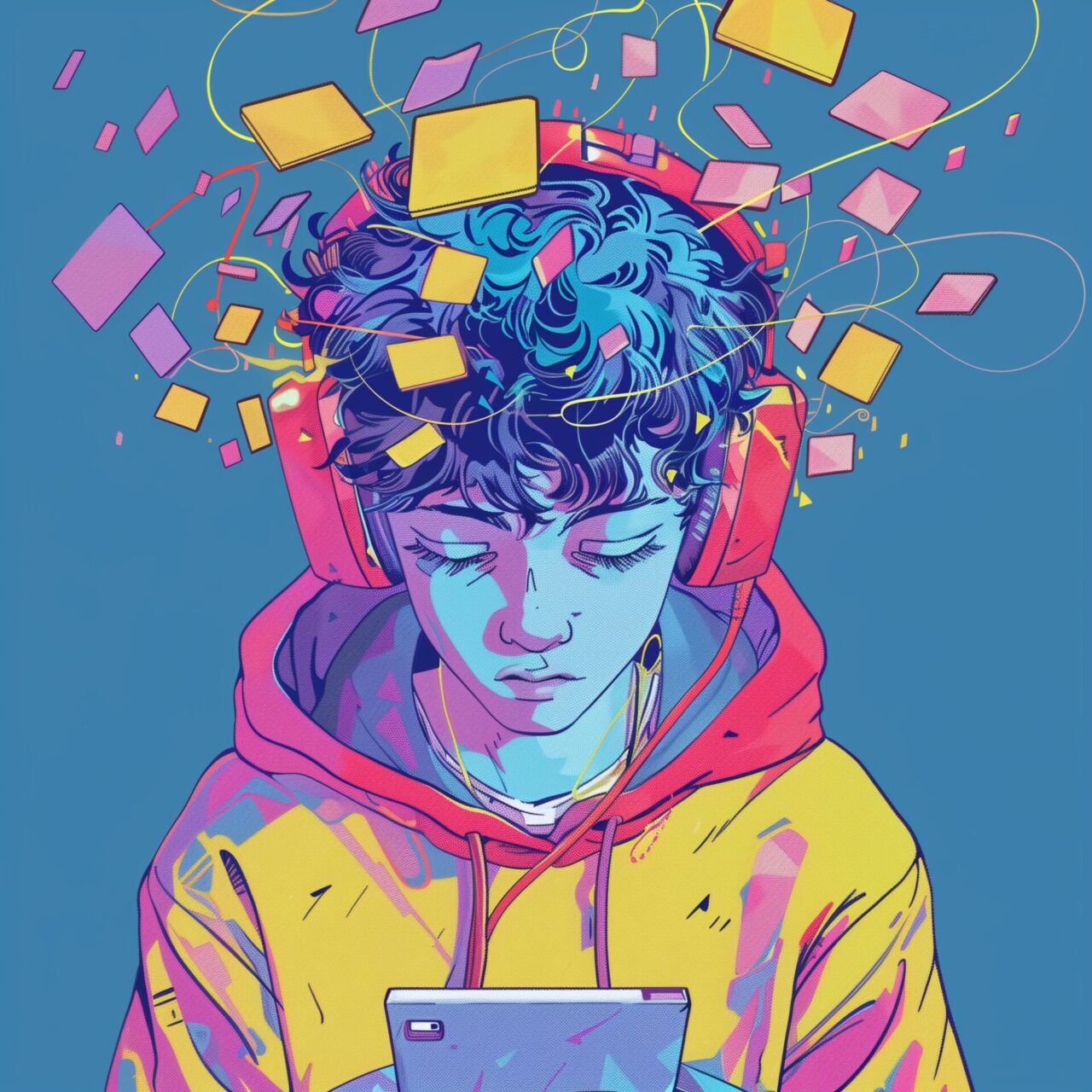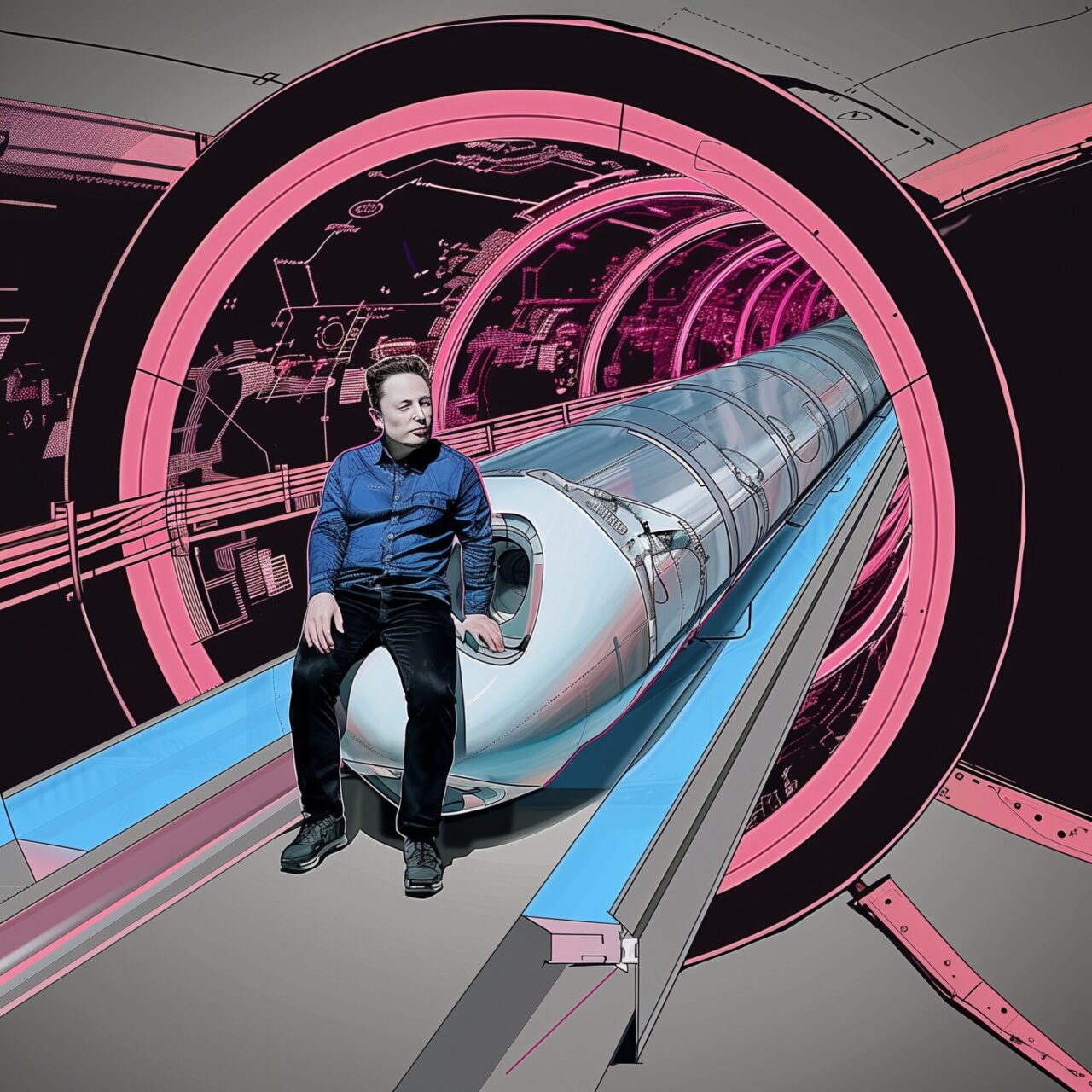
Biotechnology and dystopia
Paolo Bacigalupi’s “The Windup Girl”, published in 2009, is a dazzling example of modern science fiction that offers deep insights into a dystopian future in which biotechnology and genetic manipulation characterise everyday life. In a world dominated by calorie companies and where genetically modified life forms are both a curse and a blessing, Bacigalupi raises complex questions about ethics, survival and human nature.
Context and world building
“The Windup Girl” is set in a future Thailand that is fighting back against global biotech companies that dominate the world economy. These companies control food production by creating genetically modified plants and animals that are resistant to disease and pests, but also exacerbate environmental and social problems. The title character, Emiko, is a “windup” – a genetically modified, artificially created human-evil who acts as a slave in a cruel system.
Technological and ethical exploration
Bacigalupi uses an intriguing mix of techno-thriller and social commentary to explore themes such as genetic manipulation, climate change and corporate governance. “The Windup Girl” serves as a prism through which questions of feasibility and the moral limits of scientific developments are illuminated. Of particular interest is the portrayal of the “windups”, which reflect ethical debates about artificial intelligence and genetic engineering in today’s society.
Social implications
The society in Bacigalupi’s novel is deeply divided; not only by economic and genetic boundaries, but also by physical ones. The novel deals with isolation and the impact of corporate monopolies on biodiversity and local cultures. The “Cheshires”, cat-like creatures that can become invisible, symbolise the unforeseen consequences of genetic experiments.
Critical perspectives and literary criticism
“The Windup Girl” has been praised both for its original depiction of a possible future and for its profound exploration of the darker side of technology. The work has received numerous awards, including the Hugo and Nebula Awards. Critics have praised Bacigalupi’s ability to tackle complex scientific and social issues within a gripping narrative framework.
Paolo Bacigalupi’s “The Windup Girl” is more than just a dystopian novel; it is an exploration of the potential trajectories of human development. Through the eyes of Emiko – the Windup Girl – the novel sheds light on profound questions of identity, freedom and the role of technology in a future society. At a time when biotechnological advances are not only possible but commonplace, Bacigalupi’s vision offers an important reflection on the potential moral costs of technological progress.


